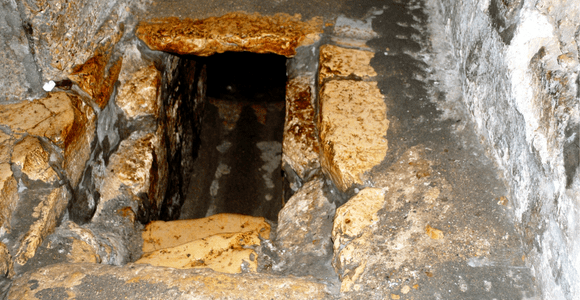
I have a hunch that the oldest versions of this story had a more Jewish apocalyptic flavor because we can see elements of that apocalypticism at some key moments. Jewish apocalyptic teaching included the belief that at some future point, all injustice, violence, and oppression would be conquered even for those who had died. Those who subscribed to this worldview believed that this age would end in liberation and restoration that included bringing life those who had died. (This resurrection teaching is very different than the die-and-go-to-heaven view held by many Christians today.)
Welcome Readers! Please subscribe to Social Jesus Here.
(Read this series from its beginning here.)
One example is from the book of Daniel:
“At that time Michael, the great prince who protects your people, will arise. There will be a time of distress such as has not happened from the beginning of nations until then. But at that time your people—everyone whose name is found written in the book—will be delivered. Multitudes who sleep in the dust of the earth will awake: some to everlasting life, others to shame and everlasting contempt.” (Daniel 12:1)
Martha references this belief in our story:
“Jesus said to her, ‘Your brother will rise again.’ Martha answered, ‘I know he will rise again in the resurrection at the last day.’”
I believe that these apocalyptic elements are from an older version of the story that remained in the Johannine community’s redaction or retelling. In this version, one does not have to wait for a future resurrection because Jesus can offer a path through death here and now. Later, Gnosticism would teach that by gaining secret knowledge or gnosis, death can be the moment when your immortal, good soul is liberated from its captivity to material imprisonment and suffering. To that, the Jesus of this story says you don’t have to wait for the resurrection at the end of the age, you can be assured of transitioning into eternal life now, through the knowledge he offers.
The language in this passage points to some of these implications.
“Martha’s statement to Jesus in John 11:21 is stonier than it has often been translated. Not ‘My brother would not have died,’ but ‘my brother would never have died.’ That same ‘never’ is included by Jesus in his response, ‘Everyone who lives and believes in me will never die.’ That speaks to me of death as portal to eternal life and not a permanent estate.” (Wilda C. Gafney, A Woman’s Lectionary For The Whole Church, Year W, p. 185)
Another possible redaction can be found in the Secret Gospel of Mark. We’ll discuss that, next.
(Read Part 3)













